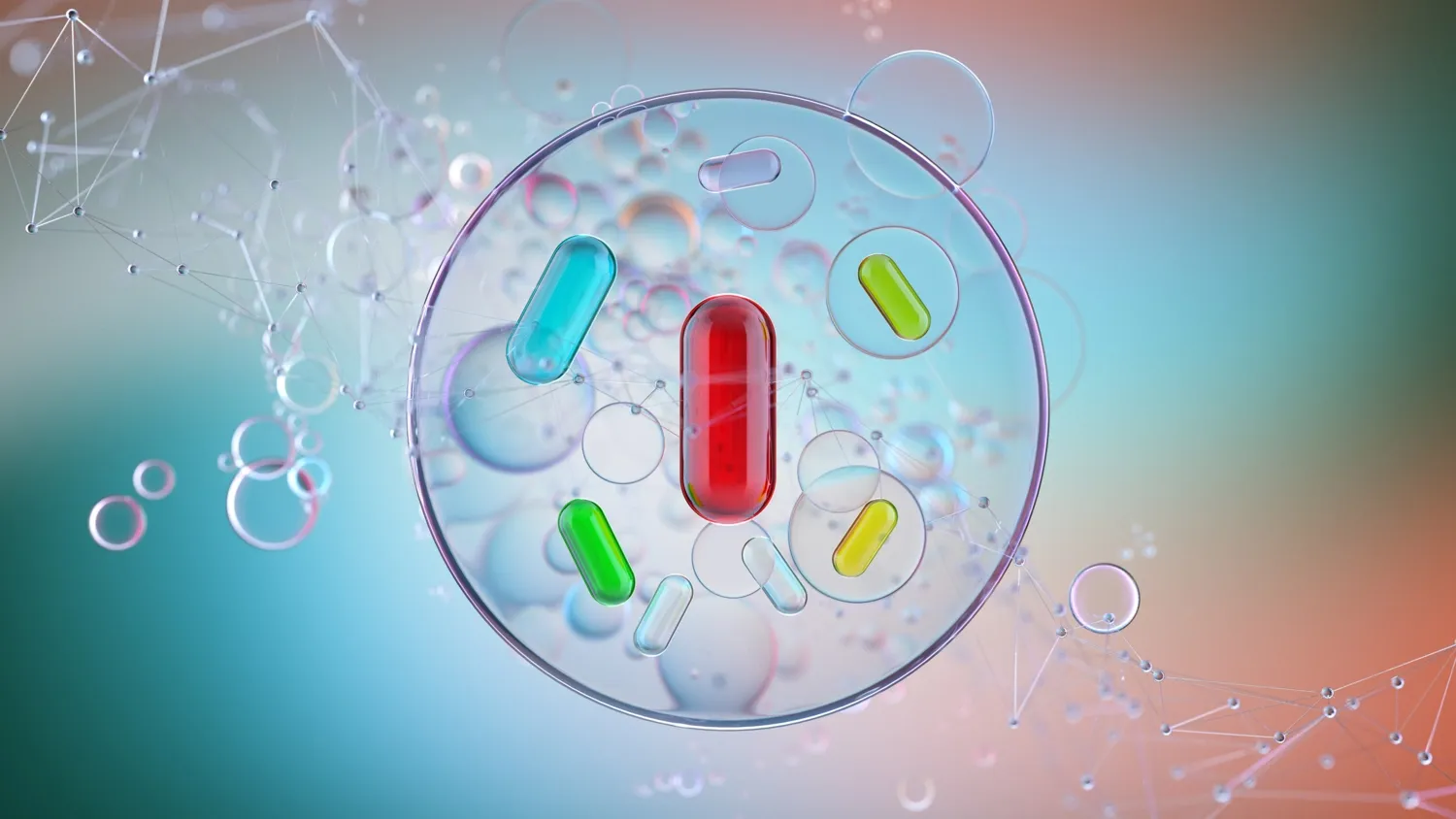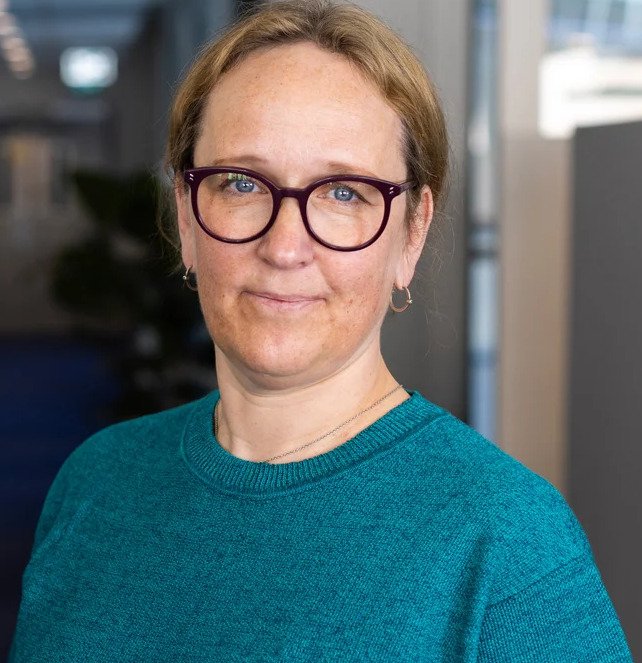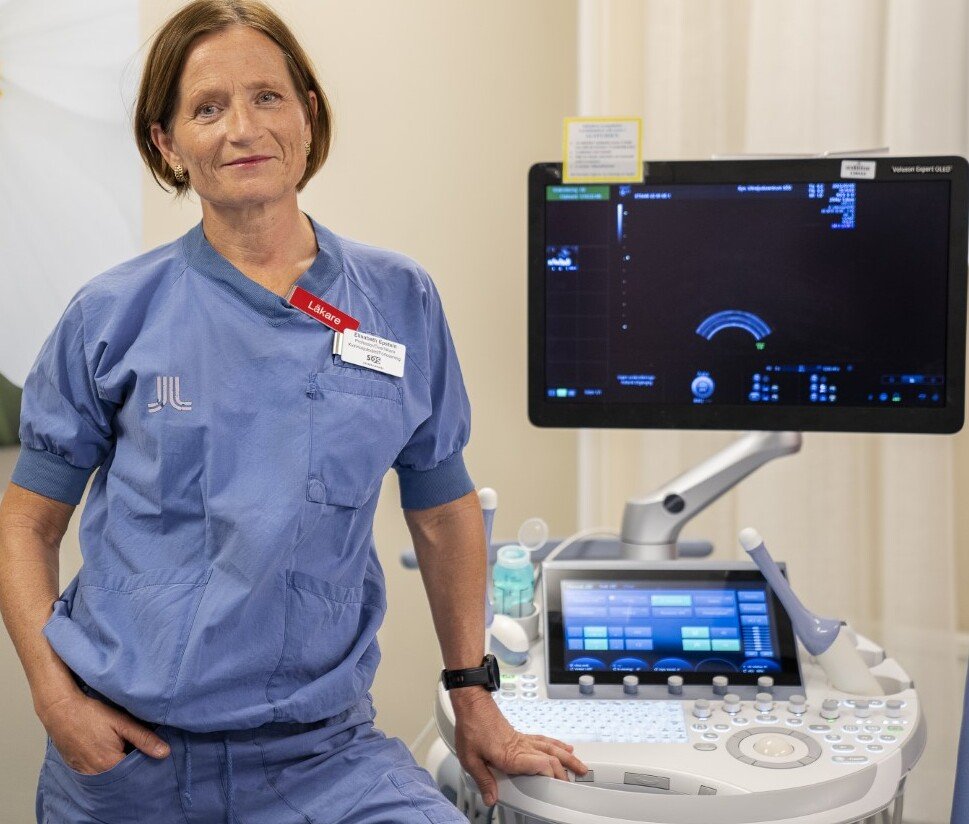Historic funding from the Swedish Cancer Society with focus on early detection

This year's decision from the Swedish Cancer Society's Research Board means that just over SEK 1 billion will go to new cancer research. It is the largest investment in the history of the Swedish Cancer Society. KI is granted SEK 447.8 million to 104 research projects and 3 planning groups. This year, a special investment is also being made in the area of early detection of cancer.
The Swedish Cancer Society's Research Board has decided to grant funding for 231 research projects and 8 planning groups. Of these, 104 and 3 are run by researchers at Karolinska Institutet, respectively. The funding from the Swedish Cancer Society is possible thanks to donations from private individuals and companies.

"We see that the focus we have had on health care science research for a few years is bearing fruit and that more people are applying to research in this area. In other words, it is a matter of research that makes it possible to live well with cancer,” says Malin Sund, professor and chair of the Swedish Cancer Society's research board, in a press release.
The researchers themselves choose what they want to research and interest in researching how cancer spreads and metastases are formed is on the rise among the projects. The need for such research is great because metastatic cancer is more difficult to cure.
Blood cancer is at the top of the cancers that the research projects deal with.
More research on early detection of cancer
This year, the Swedish Cancer Society is making a special investment in really large grants in the area of early detection of cancer. Seven grants of between SEK 5.9 and 27 million have been granted within this initiative.
Early detection is a key to reducing mortality from cancer, and we are now seeing strong development in this area. New techniques that can identify cancer before a person develops symptoms have the potential to fundamentally change healthcare.
AI can detect ovarian cancer
One such project is led by Elisabeth Epstein, professor at the Department of Clinical Science and Education, Södersjukhuset, Karolinska Institutet, and senior physician at Södersjukhuset.
Her research group will receive SEK 26 million to develop a method that combines AI analysis of ultrasound images with analysis of tumor DNA in blood to be able to detect ovarian cancer earlier.
Ovarian cancer is one of the most serious gynaecological cancers, often with late detection and low survival. Today's diagnostic methods have limited accuracy and there are large differences in access to expertise between regions.
The new research aims to create more accurate and equal methods for diagnostics.

“It feels overwhelming and very gratifying, both for me, all the researchers involved in the project and for all the women we hope to be able to help in the future. This grant will enable us to develop a scalable, non-invasive method for early detection of ovarian cancer. By combining AI-powered analysis of ultrasound images with blood samples containing tumor DNA, we hope to reduce unnecessary operations and find cancer earlier,” says Elisabeth Epstein.
The research group will also test the method in a clinical study to investigate how it can be used in primary gynaecological care, including in women without symptoms.
The news article is based on a press release from the Swedish Cancer Society and a news article from Södersjukhuset.
